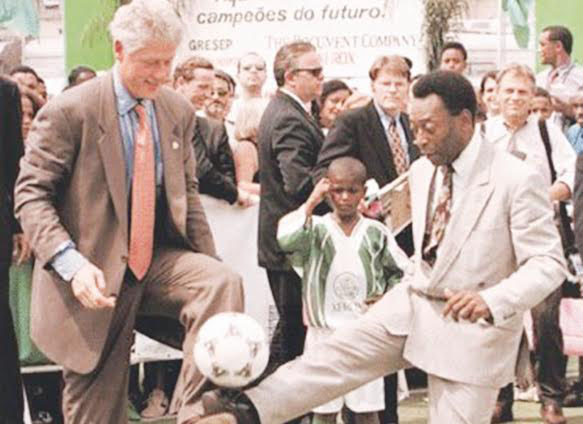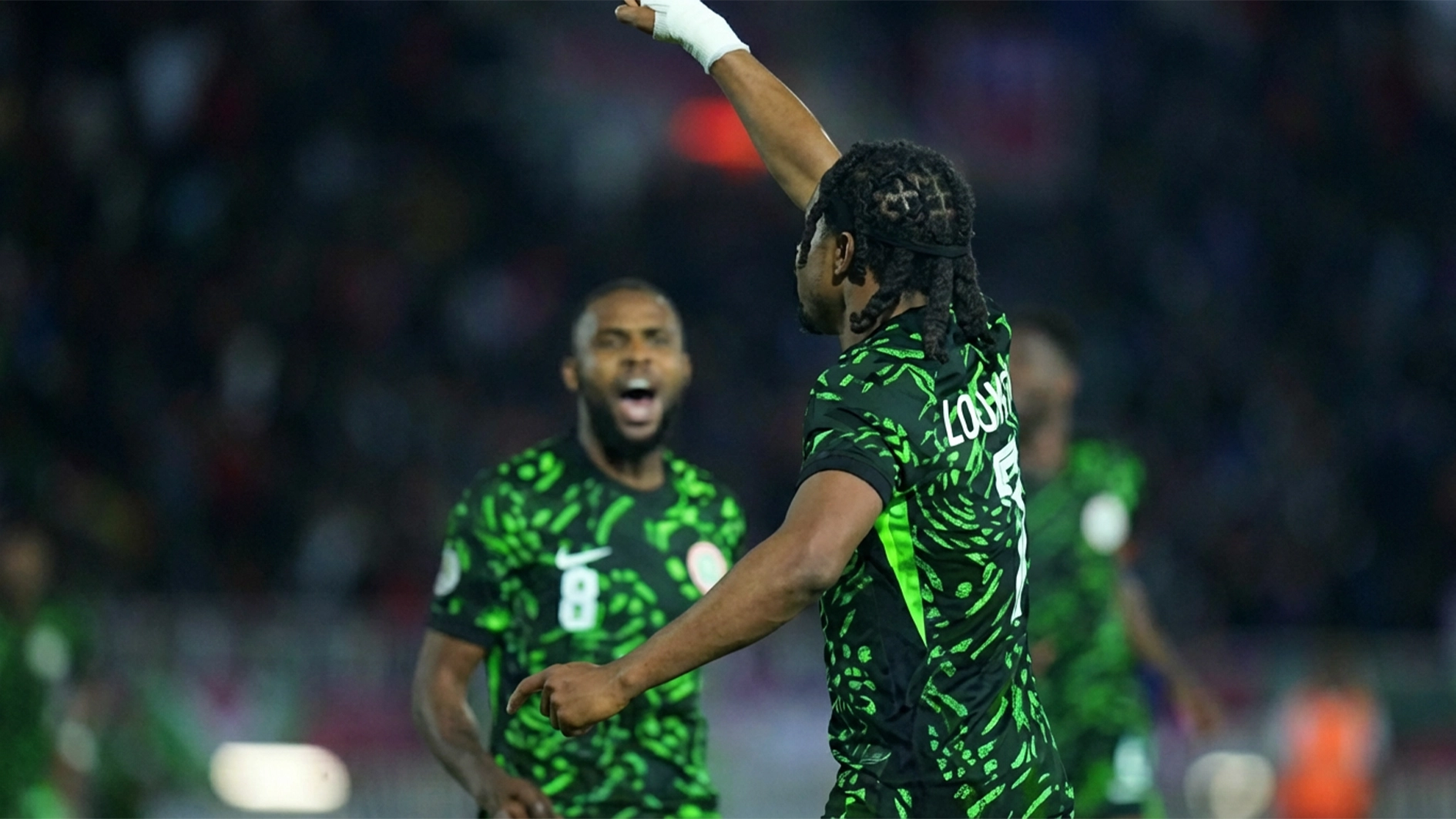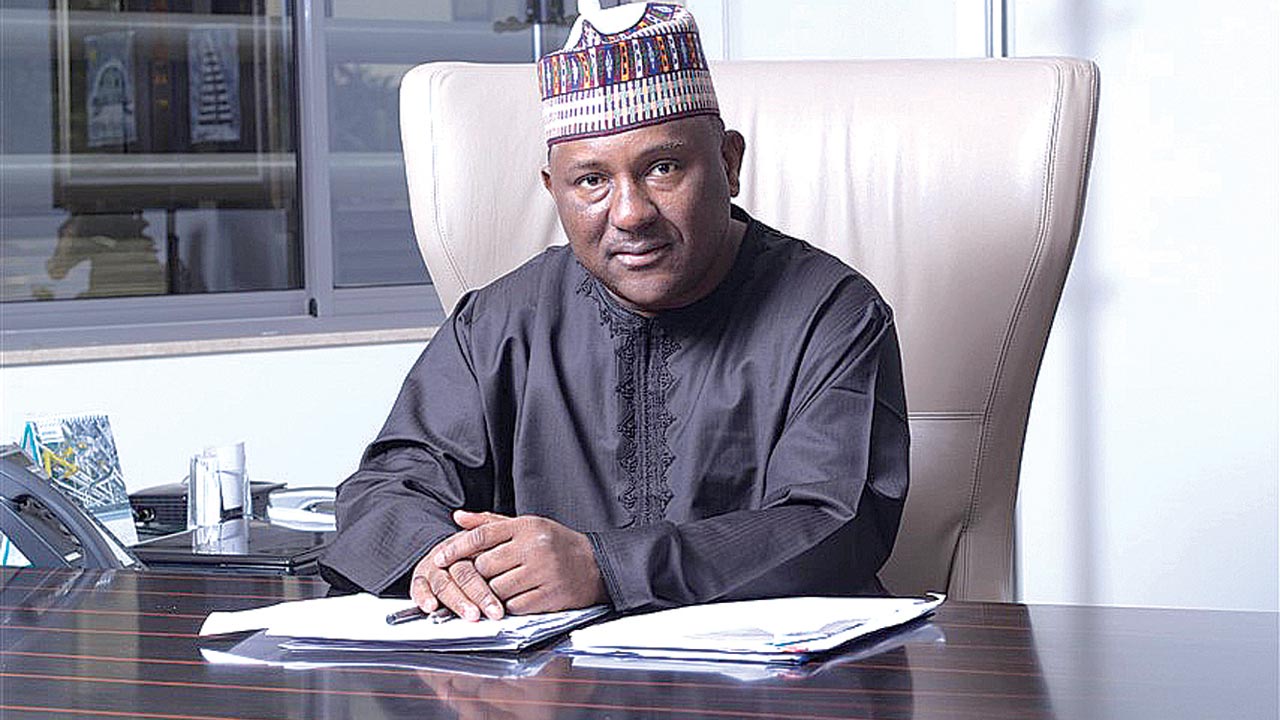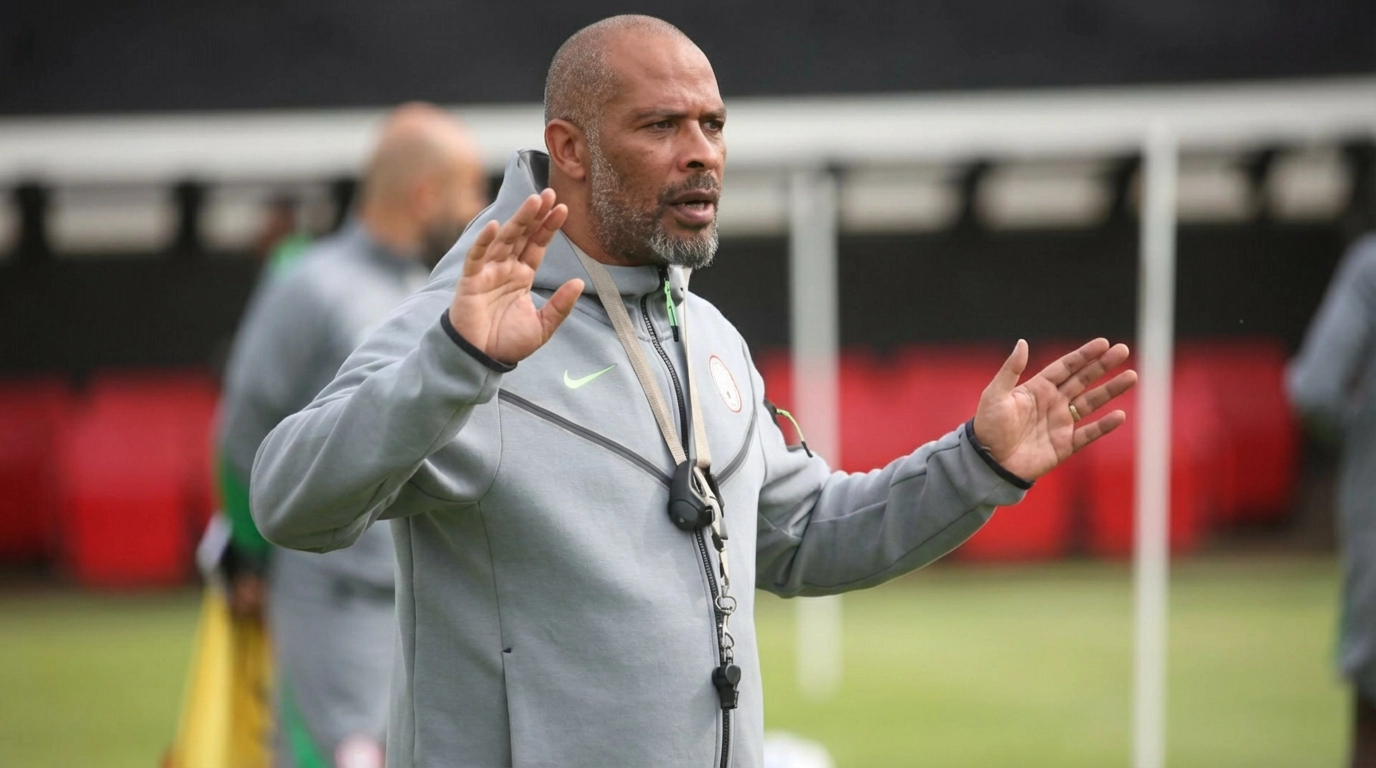
Pele—the king of football died on December 29, 2022, only 11 days after the end of the Qatar World Cup Football Championships, but his name, birthday and memory remain ever green in the hearts of friends and fans all over the world.
Edson Arantes do Nascimento was his official name. Universally, he is called Pele and planetarily, he is acknowledged as the undisputed king of football. No celebrity or government leader in all of history can claim to have a better name recognition than Pele who enjoyed the goodwill of all–male and female, young and old–in virtually every country.
Even the popular U.S. President Reagan acknowledged this fact when he said at an official reception for Pele in 1982. Said he: “I need to introduce myself as Ronald Reagan, president of the United States of America, but Pele does not need any introduction because everyone knows him.”
Born on October 23, 1940, at Tres Coracoes, Brazil, Pele was only 10 years old when an event that shaped most of his life happened. On their grounds, Brazil lost the 1950 World Cup soccer finals to Uruguay. The nation was devastated and the people mourned. On that day, Pele saw his father, Joao, who himself was a footballer with the nickname Dondinho, cry for the first time in his life.
As a way of consoling his father, Pele made him a promise, “One day, I will win you the World Cup.” Pele said afterwards, “seeing my father cry was more shocking to me than losing the World Cup.”
It took Pele only eight years to keep his promise to his father when in 1958 he scored twice to beat Sweden 5-2 in the World Cup finals to lift the Jules Rimet Cup for Brazil. In jubilation, Pele’s father and mother, Maria Celeste held him at the same time and kissed him on the left and the right cheeks on his return home.
His global name recognition was unequalled; so was his fame around the world. In 1961, just a year before Brazil’s second World Cup triumph, President Janio da Silva Quadros named Pele an official national treasure with the backing of the Brazilian parliament to save his then waning political career and to prevent Pele from going to Europe for more lucrative soccer contracts.
Queen Elizabeth 11, in 1997, awarded Pele the knighthood of the British Empire—a rare honour reserved for the Commonwealth’s highest achievers, government leaders and illustrious citizens.
In 1970, at the Hotel Tequendama in Bogotá, Columbia, Bobby Moore, then captain of England’s team was arrested for an alleged shoplifting of a bracelet from Fuego Verde Jewellers, when the team was to play Columbia in a tune-up match on their way to the Mexico World Cup to defend their world crown. Some saw the accusation as “a gang-up by disgruntled people who wanted to take a pound of flesh off the English team for the vicious tackles and injuries European teams inflicted on Pele” during the 1966 World Cup championships in England.
True to type, Pele came out in strong support and defense of Bobby Moore and England’s team. He had apparently forgiven and forgotten the vicious attacks by European players that left him injured and defending champions, Brazil eliminated at group stage in the 1966 World Cup tourney.
Call it the application of sports diplomacy, if you wish. A year and a half into the fratricidal Nigerian Civil War in the late 60s and early 70s, the national mood of people was so sombre. The economic blockade of the Eastern Region and the bombings had left some calamitous effects on the lives of the people, especially children who died in large numbers from malnutrition. On the Federal side, there were discouraging stories about cases of “inhuman” prosecution of the war.
Most Nigerians, therefore, heaved sighs of relief when the announcement came late in January 1969 that a ceasefire proposal had been accepted by Federal and Biafran leaders in honour of Pele and his visiting Santos Football Club. The announcement added that Santos would play a peace-inspiring match against the Nigerian national football team, the Green Eagles. The friendly match was played at the Lagos City Stadium. In quick succession, Pele scored twice and changed sides to play for Nigeria in a match that ended in a 2-2 draw.
My first face-to-face meeting with Pele was in Seoul, South Korea. One of his aides had given him a copy of a book I wrote, titled ‘Nothing Like it Before: The Untold Stories of the World Cup Soccer Championships,’ which features him on the cover with President Bill Clinton playing football. Pele asked his aide to invite me to meet with him at his hotel in Seoul. My meeting with him was such a delightful moment and I retain a very pleasant memory of it till this day. After exchanging pleasantries, we talked for an hour over glasses of orange juice.
The hallmarks of his life and career—humility, care and respect for all, poor and rich, and for the cultures and sensitivities of others—were all glaring in the course of our conversation.
Those were the attributes that motivated his establishment of Vila Olimpica–the sports-oriented school he built for the poor in the suburb of Rio de Janeiro.
As seen in the photo, then U.S. President Bill Clinton and Pele played soccer with students of the school on October 15, 1997, during an official visit to Brazil. The Xerox Company arranged the visit to the school. President Clinton spoke some words of inspiration on that day to the students, saying “every child comes into this world with a gift from God–the power to dream of great things to achieve.”
In 82 years of his life until his death, Pele remained humble, despite his prodigious success and fame, unlike some of our sports celebrities today.
Pele will continue to be remembered, not just for winning three World Cup titles, but for his contributions to the growth of football worldwide and for making football the beautiful game.
Fidelis Iyebote is the author of the Untold Stories of the World Cup Soccer Championships and the forthcoming Stars of the East: The Asian Cup of Nations Tourney. Fidelis is the founder of Fans and Friends of Pele Guild.
———————————————————————————






